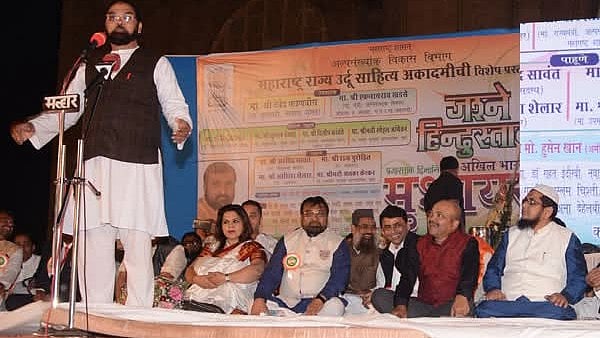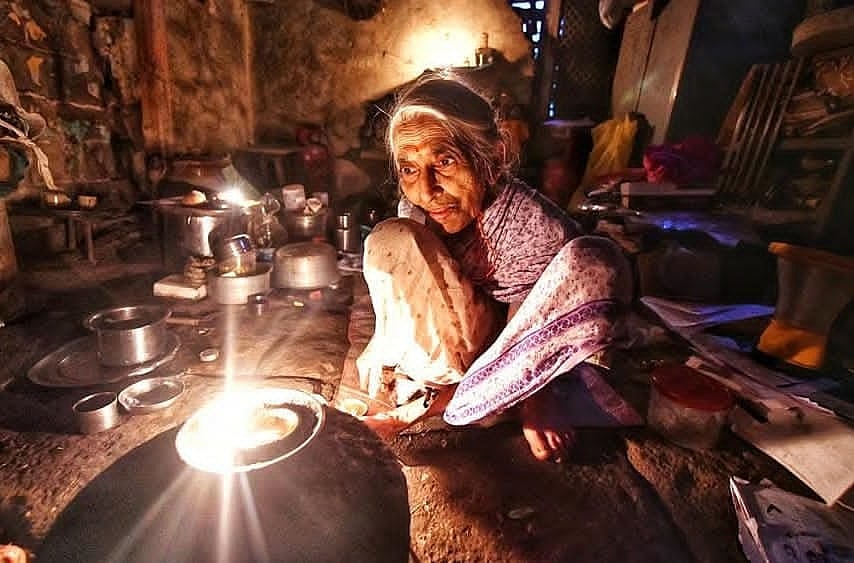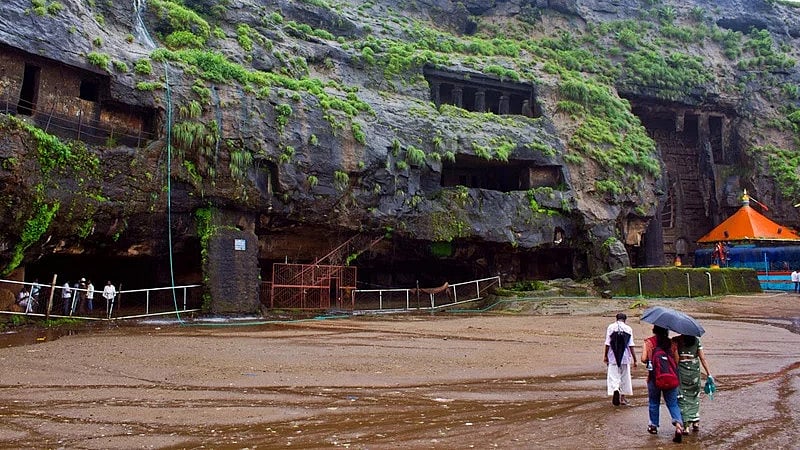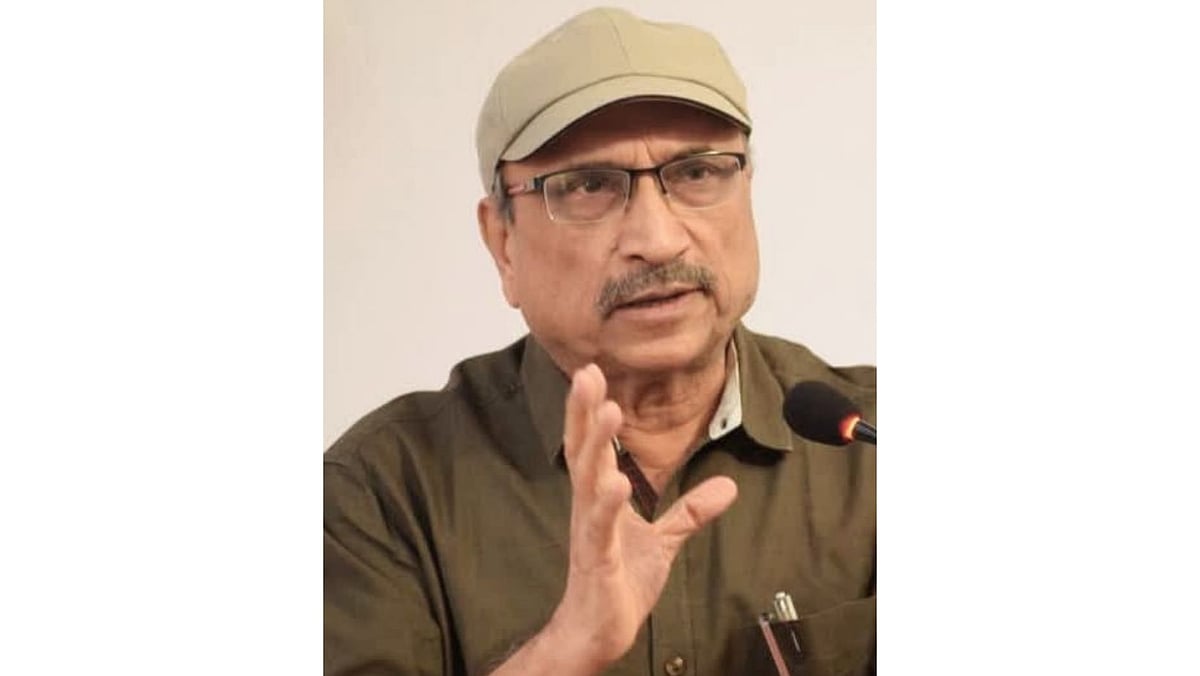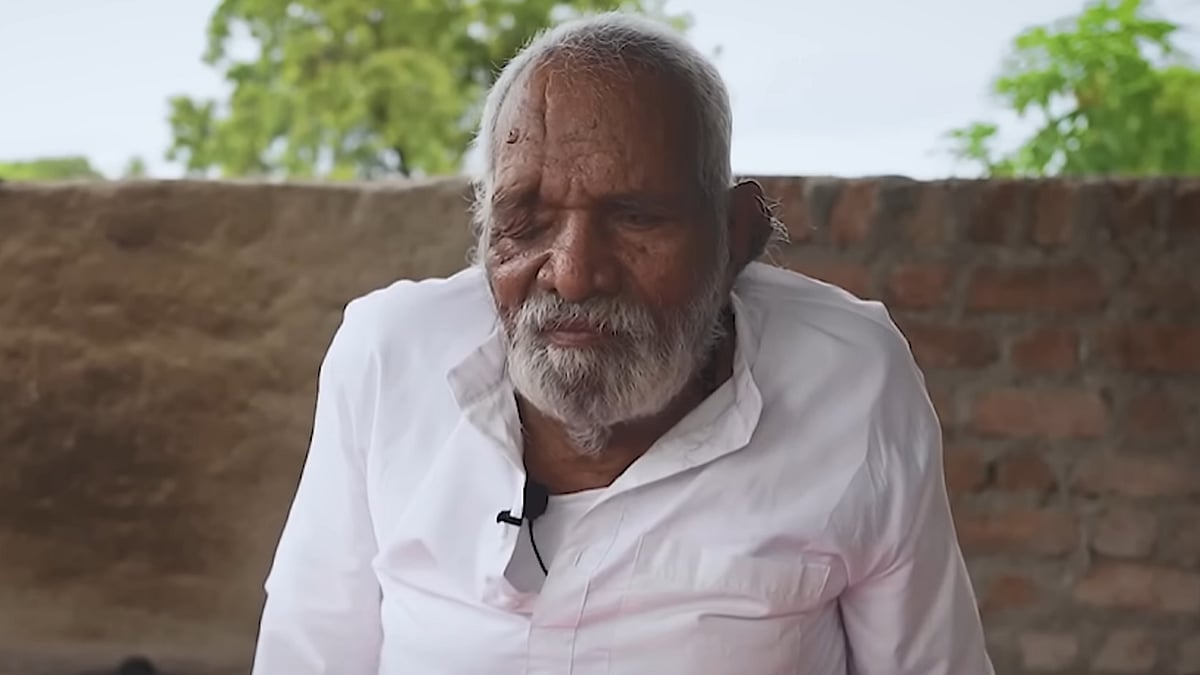In a proactive effort to build frontline preparedness for Human-Leopard Conflict (HLC) and wildlife emergency response, the Pune Forest Division, in collaboration with RESQ Charitable Trust (RESQ CT), conducted a five-day capacity-building workshop titled Wildlife First Responders: Human-Leopard Conflict Management and Wildlife Emergency Response.
The workshop was held from May 16 to 21 at the Wildlife Transit Treatment Centre (TTC), Bavdhan. The workshop trained 150 forest guards and round officers from across the division. The sessions were structured as full-day, engagement-driven modules combining theory, case studies, and practical demonstrations to address critical aspects of conflict mitigation and rescue operations.


The training programme focused on three primary areas:
Human-Leopard Conflict Management, including leopard ecology, conflict recognition, response protocols, and community coordination.
Basic wildlife handling, stabilisation, and transport for providing hands-on learning to improve field-level emergency care for injured, orphaned, or displaced wildlife.
Orientation on TTC Operations offering an inside view of the rehabilitation continuum from rescue to release, with a focus on how coordination between the field and veterinary teams enhances outcomes.
Participants were also introduced to advanced rescue tools, field technologies, and wildlife detection dogs available at TTC Pune. These resources, demonstrated during the sessions, are designed to act as force multipliers during wildlife emergencies. Field personnel were familiarised with their practical applications, ranging from locating hidden wildlife and tracking carnivore presence to assisting in the detection of wildlife trafficking. The aim was to build operational awareness so that frontline staff can assess field situations more effectively and request the appropriate support when needed.


“With an increasing interface between people and wildlife in the Pune region, building on-ground capacity of our frontline staff is a crucial step in ensuring both human safety and wildlife conservation. This training will help our teams respond not just with speed, but with knowledge and confidence," said Tushar Chavan, Deputy Conservator of Forests (Wildlife), Pune Division.

"As responders, our role goes beyond addressing conflict or conducting rescues; we must focus on prevention. By equipping field staff to recognise early warning signs, mitigate risks, and intervene appropriately, we help ensure that wildlife remains wild and communities remain safe. This training was designed to build not only technical capability but also the confidence and conviction to act decisively in the field,” said Nachiket Utpat, Director Conservation Initiatives, RESQ CT, who co-designed and led the interactive sessions.


Dr Kalyani Thakur, senior Wildlife Veterinarian at RESQ CT, conducted a specialised session on Wildlife Medical First Aid, focusing on stabilisation techniques that can be applied on-site during rescues to reduce mortality. “The first few hours after a wild animal is injured are often critical. Teaching first responders basic but life-saving veterinary interventions can make all the difference in improving outcomes during field rescues," said Dr Thakur.

“This joint initiative underscores the growing need for synergy between the Forest Department and expert civil society organisations to manage human-wildlife interactions more effectively and ensure timely, ethical care for wildlife in distress. Continuous training is equally essential to ensure that frontline staff remain updated with evolving best practices in the field,” said Chavan.



